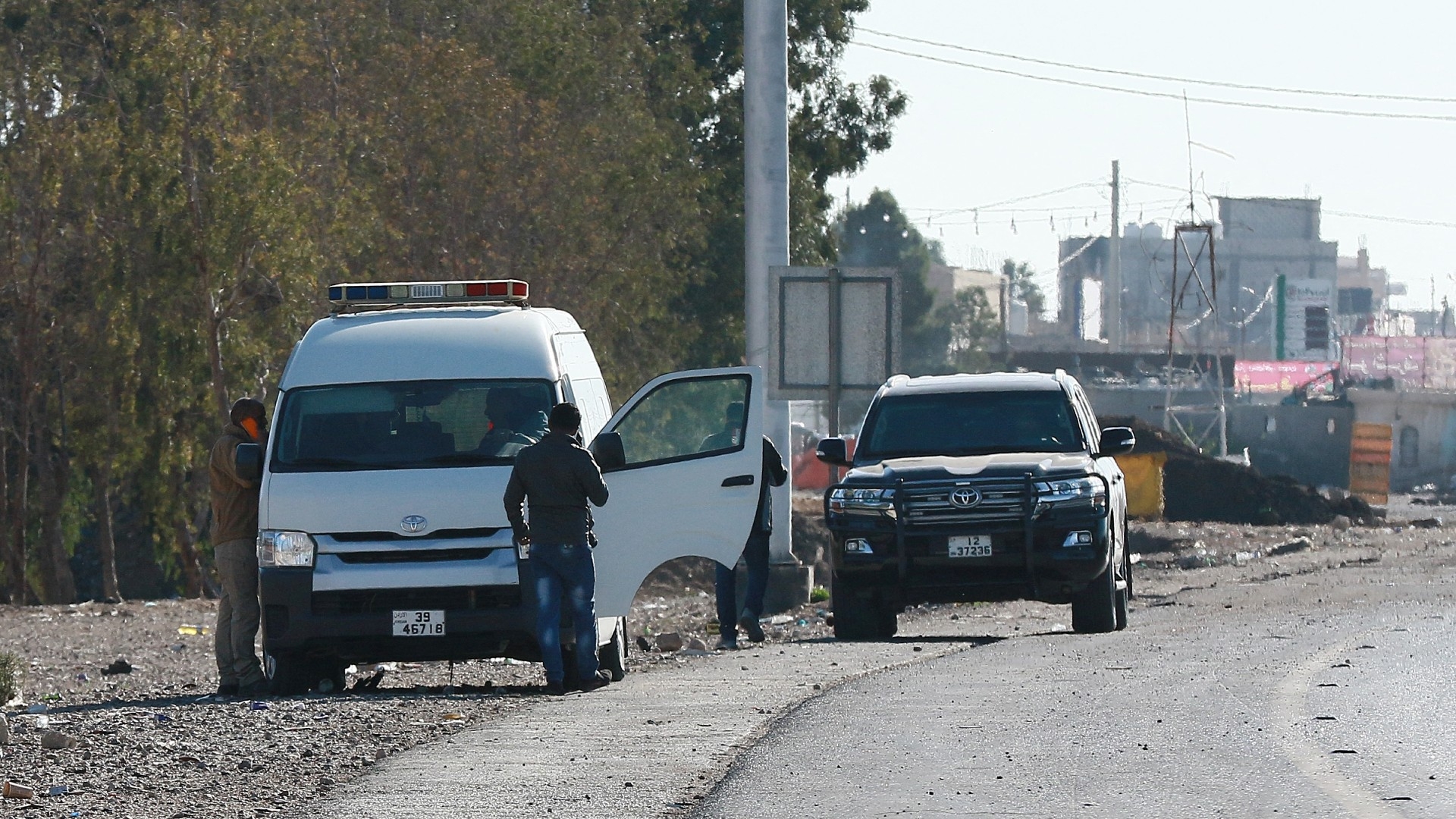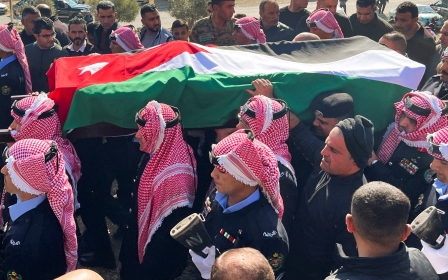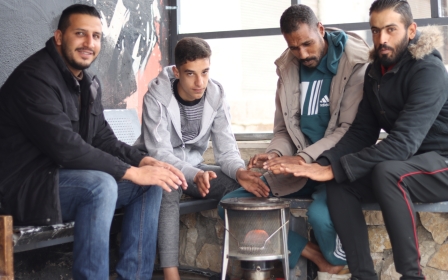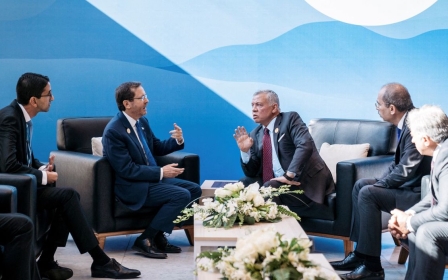Jordan: Three police officers killed in raid on suspected killers of policeman

Three police officers in Jordan were killed during a raid targeting the hideout of the suspected killers of a senior police chief near the southern city of Maan last week, a police statement said on Monday.
One suspect was killed during the operation, while a further eight were arrested, according to a brief statement issued by the Public Security Directorate (PSD).
In addition to the three officers killed, five other personnel were wounded. No further details were given.
On Thursday, Colonel Abdul Razzaq Dalabeh, the deputy police chief of Maan province, was shot in the head and killed on duty in the southern town of Al-Husseiniya, while officers tried to "calm down riots", the PSD said.
The south of Jordan has been witnessing strikes and protests for several days in protest at a rise in fuel prices that has added to the cost of living crisis. The hikes include the diesel used by trucks and buses, and kerosene for heating.
Truck and taxi drivers, as well as merchants, joined strikes last week, while videos posted online showed some protesters blocking roads and clashing with security forces.
Jordanian authorities temporarily suspended access to TikTok on Friday, with many users complaining that they could not access it.
The cybercrimes unit of the PSD said that it had suspended the platform because of what it described as "misuse by its users, whether by glorifying violence, calls for chaos, promoting videos from outside the kingdom and falsifying them to influence the feelings of citizens".
Since the beginning of the year, the government has raised the price of diesel six times, and five times for petrol, although it brought down the cost of the latter twice in the past two months.
It began gradually removing all subsidies on fuel and regularly increasing taxes in 2017, as part of conditions imposed by the International Monetary Fund with the aim of ending subsidies.
Economic researcher Fahmy al-Kutut told Middle East Eye last month that the government has placed a 121 percent tax on 90 percent lead-free octane petrol, 182 percent on petrol that is 95 percent lead-free, and 52 percent on diesel and kerosene.
Middle East Eye propose une couverture et une analyse indépendantes et incomparables du Moyen-Orient, de l’Afrique du Nord et d’autres régions du monde. Pour en savoir plus sur la reprise de ce contenu et les frais qui s’appliquent, veuillez remplir ce formulaire [en anglais]. Pour en savoir plus sur MEE, cliquez ici [en anglais].




